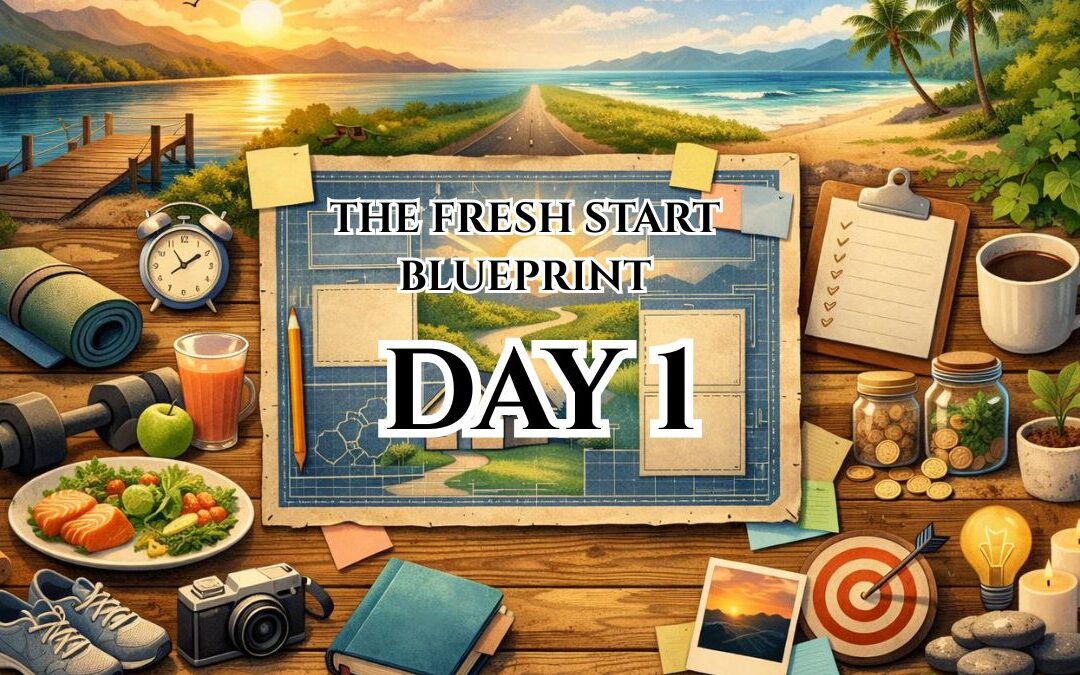Introduction
Welcome! In the age of artificial intelligence, the way we use language is undergoing a profound shift. It’s no longer just about communicating with people; it’s about communicating effectively with powerful AI tools. Think of yourself as the pilot of a sophisticated jet. The AI is the jet, capable of amazing things, but it needs a skilled pilot to give it clear, precise instructions to reach the right destination. This quiz is your flight simulator. It’s designed as a hands-on learning experience to sharpen the new English skills required to become a master pilot of AI. By engaging with these scenarios, you’ll move beyond simple commands and learn the art of crafting perfect prompts, setting clear constraints, and using AI not just for answers, but for deeper understanding. Get ready to upgrade your skills and unlock the true potential of your AI co-pilot.
Learning Quiz
This is a learning quiz from English Plus Podcast, in which, you will be able to learn from your mistakes as much as you will learn from the answers you get right because we have added feedback for every single option in the quiz, and to help you choose the right answer if you’re not sure, there are also hints for every single option for every question. So, there’s learning all around this quiz, you can hardly call it quiz anymore! It’s a learning quiz from English Plus Podcast.
Quiz Takeaways | From Passenger to Pilot: Mastering the New English of AI
Hello and welcome. For most of history, the English language has been a tool for communicating with each other. But a new conversation partner has arrived, and it lives inside our computers and phones. This partner is Artificial Intelligence, and to communicate with it effectively, we need to upgrade our skills. We need a new English mindset.
Think of it this way. Interacting with AI is like flying a highly advanced aircraft. You can be a passenger, or you can be the pilot. The passenger asks a simple question, sits back, and hopes they end up somewhere useful. The pilot, however, is in control. The pilot gives clear, specific instructions, understands the aircraft’s capabilities and limitations, and knows how to navigate to a precise destination. The quiz you just took was your first lesson in the cockpit, designed to shift you from the passenger seat to the pilot’s seat.
The first and most fundamental skill of any AI pilot is learning how to give clear directions. This is the art of the prompt. A vague prompt like “write an email” is like telling a pilot to “fly.” The immediate questions are: to whom? for what purpose? in what style? A master pilot provides context. In the world of AI, context is the background information that fills in the gaps for a machine that has no real-world experience. When you prompt, “Draft a professional email to a potential client named Sarah Chen at XYZ Corp to introduce my web design services,” you are providing the crucial context the AI needs. You’re giving it a destination.
But a destination isn’t enough. A good pilot also defines the flight path and the parameters of the journey. In AI, we do this by setting constraints. A constraint is a rule or guideline that shapes the AI’s output. In the quiz, we saw how a simple prompt like “give me a study plan” becomes infinitely more useful when you add constraints: “Create a 7-day study plan…present the output as a bulleted list…include one 20-minute review session each day.” These aren’t just suggestions; they are direct commands about the format, length, style, and structure of the response. Learning to use constraints like word counts, formatting requests, and personas is like learning to use the aircraft’s flaps, rudder, and throttle. It’s how you control the specifics of the journey and ensure the final output is exactly what you need.
Now, even the best pilot sometimes gets a surprising or confusing result from their instruments. A passenger might get frustrated and give up. But a pilot investigates. This is where the “Power of Why” comes in. This is perhaps the most transformative skill in the new English mindset. The AI is not just a magic answer box; it’s an interactive learning tool. When it gives you an answer that’s confusing or a recommendation that’s unexpected, a master pilot asks that simple, powerful question: “Why?”
When you ask, “Why did you rank this solution higher than that one?” or “Can you explain that again using an analogy?” you are doing something remarkable. You are probing the AI’s logic. You are forcing it to re-frame information in a way that makes sense to you. This turns the AI from a simple information vending machine into an tireless, personalized tutor. It’s how you move beyond just getting answers and start building real understanding. A pilot who understands why their instruments are giving a certain reading is a pilot who is truly in command.
Finally, we have to talk about the destination itself. The AI can fly the plane, but you, the pilot, are the one who decides where it’s ultimately going and what the purpose of the journey is. AI can generate text, images, and ideas at a staggering rate. But this output is raw material. It’s a first draft. It requires the uniquely human skills of editing and synthesis.
Editing is not just about correcting spelling and grammar—modern AI is already quite good at that. It’s about fact-checking the AI’s output, as it can sometimes “hallucinate” or confidently state incorrect information. More importantly, it’s about injecting your unique human voice, your personal experiences, and your tone into the text. An AI can write a technically perfect email, but only you can make it sound like you.
And then there’s synthesis. This is perhaps the highest-level human skill in the age of AI. Synthesis is not just summarizing. It’s the act of taking multiple pieces of information—perhaps from several AI-generated articles, your own knowledge, and your own experiences—and weaving them together to create a new, insightful whole. An AI can give you the building blocks, but a human synthesizes those blocks into a beautiful, coherent structure. It’s the difference between a list of facts about a topic and a compelling argument that presents a new perspective.
Putting it all together, this new English mindset is about being active, not passive. It’s about being intentional, specific, and curious. By providing clear context, setting firm constraints, using the “Power of Why” to learn, and applying our human skills of editing and synthesis, we transform AI from a mysterious black box into a powerful and controllable co-pilot. The future doesn’t belong to those who are replaced by AI; it belongs to the master pilots who learn how to direct it.










0 Comments